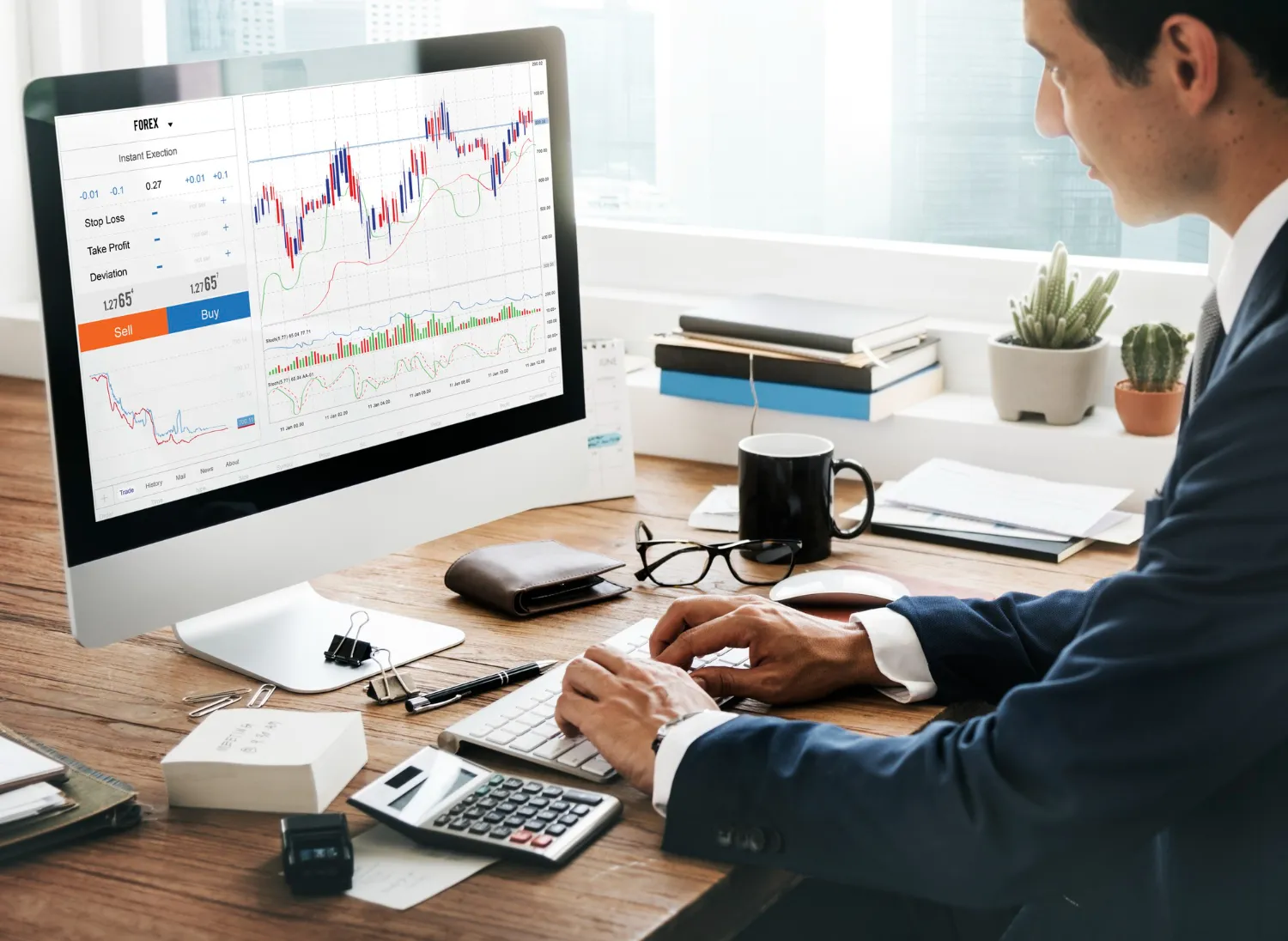How to Become a Successful Trader

Embarking on a journey to become a successful trader is both exciting and challenging. The world of trading offers immense opportunities for financial growth, but it also demands dedication, knowledge, and a strategic approach. Whether you're interested in stocks, commodities, or forex, the path to success shares common principles that can guide you towards your goals.
The Foundation of Success: Education
Understanding Market Fundamentals
First and foremost, education is the cornerstone of any successful trading career. Begin by immersing yourself in the fundamentals of trading, including market dynamics, technical analysis, and risk management. Numerous resources are available, from books and online courses to webinars and trading forums.
Exploring Different Trading Styles
As you build your knowledge base, focus on understanding different trading styles and strategies to find the approach that best suits your personality and goals.
Crafting a Solid Trading Plan
Setting Financial Goals and Risk Tolerance
Developing a solid trading plan is crucial for long-term success. Your plan should outline your financial goals, risk tolerance, and the specific strategies you'll employ.
Rules for Entry and Exit Points
It should also include rules for entry and exit points, position sizing, and risk management. A well-crafted plan acts as a roadmap, helping you navigate the often turbulent waters of the financial markets.
The Importance of Risk Management
Preserving Capital
Risk management cannot be overstated in its importance. Successful traders know that preserving capital is just as important as making profits.
Implementing Risk Management Strategies
Implement strict risk management rules, such as never risking more than a small percentage of your trading capital on a single trade. Use stop-loss orders to limit potential losses and take-profit orders to secure gains.
Practice and Simulation
Utilizing Demo Accounts
Practice is essential in honing your trading skills. Many brokers offer demo accounts that allow you to trade with virtual money in real market conditions.
Keeping a Trading Journal
Utilize these platforms to test your strategies and gain confidence without risking real capital. As you practice, keep a detailed trading journal to track your decisions, outcomes, and lessons learned. This self-reflection is invaluable for continuous improvement.
Staying Informed and Analyzing Markets
Keeping Up with Market News
Staying informed about market news and trends is vital for making informed trading decisions. In your search for market news, don't overlook niche areas like commodities. For instance, understanding which top gold coins to buy could provide important foresight into the commodities market. Develop a routine for staying up-to-date with financial news, economic indicators, and geopolitical events that can impact the markets.
Using Forex Signals
Consider incorporating forex signals into your research process, as they can provide valuable insights into potential trading opportunities. However, always conduct your own analysis and never rely solely on external signals for your trading decisions.
Emotional Control and Discipline
Managing Fear and Greed
Emotional control is a trait shared by all successful traders. The markets can be volatile and unpredictable, leading to emotional reactions that can cloud judgment.
Adhering to Your Trading Plan
Learn to manage your emotions, particularly fear and greed, which can lead to impulsive decisions. Stick to your trading plan and avoid making decisions based on emotions or short-term market fluctuations.
Leveraging Technology
Trading Platforms and Tools
Technology plays a crucial role in modern trading. Familiarize yourself with trading platforms and tools that can enhance your analysis and execution.
Automated Trading Systems
Chart analysis software, automated trading systems, and risk management tools can all contribute to a more efficient and effective trading process.
Networking and Community Engagement
Learning from Other Traders
Networking with other traders can provide valuable insights and support. Join trading communities, attend conferences, or participate in online forums to exchange ideas and learn from others' experiences.
Critical Thinking and Adaptation
However, always think critically and adapt advice to fit your own trading style and goals.
Continuous Learning and Adaptation
Reviewing and Refining Strategies
Continuous learning and adaptation are key to long-term success in trading. Markets evolve, and successful traders must evolve with them.
Staying Open to New Ideas
Regularly review and refine your strategies based on your performance and changing market conditions. Be open to new ideas and techniques that can improve your trading outcomes.
Maintaining a Balanced Lifestyle
Balancing Trading and Personal Life
Remember that success in trading doesn't happen overnight. It requires patience, discipline, and perseverance. Many successful traders faced numerous setbacks before achieving consistent profitability.
The Importance of Well-being
View losses as learning opportunities and use them to refine your approach. While trading can be all-consuming, it's important to have interests and activities outside of the markets. A healthy work-life balance can contribute to better decision-making and overall well-being, which in turn can positively impact your trading performance.
Conclusion
In conclusion, becoming a successful trader is a journey that combines knowledge, strategy, discipline, and continuous improvement. By focusing on education, developing a solid plan, managing risk, practicing regularly, staying informed, controlling emotions, leveraging technology, networking, and maintaining a balanced lifestyle, you can increase your chances of success in the competitive world of trading. Remember that every successful trader was once a beginner, and with dedication and the right approach, you too can achieve your trading goals.